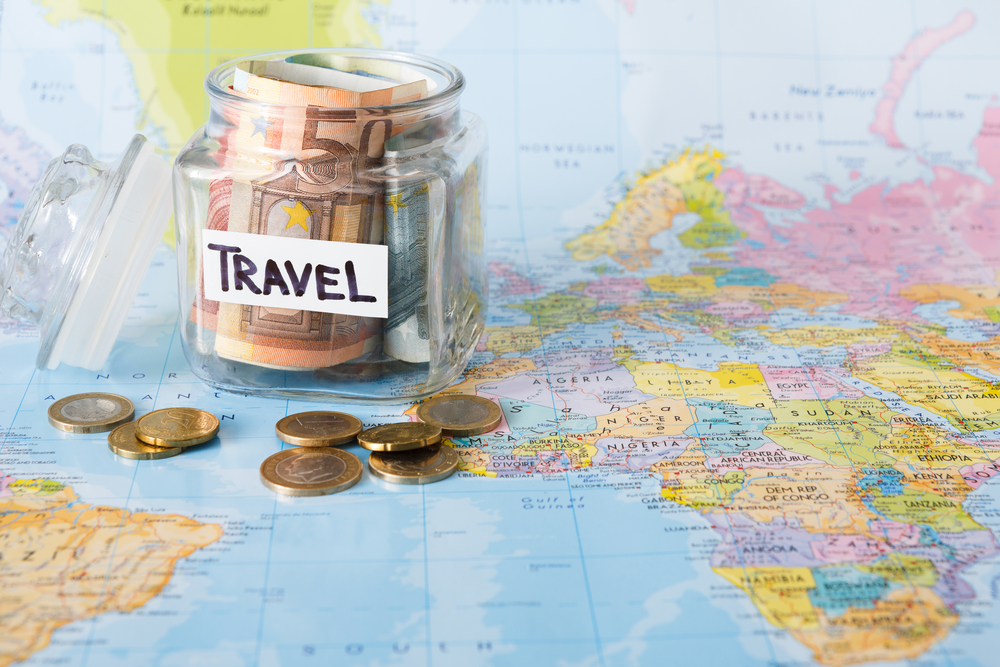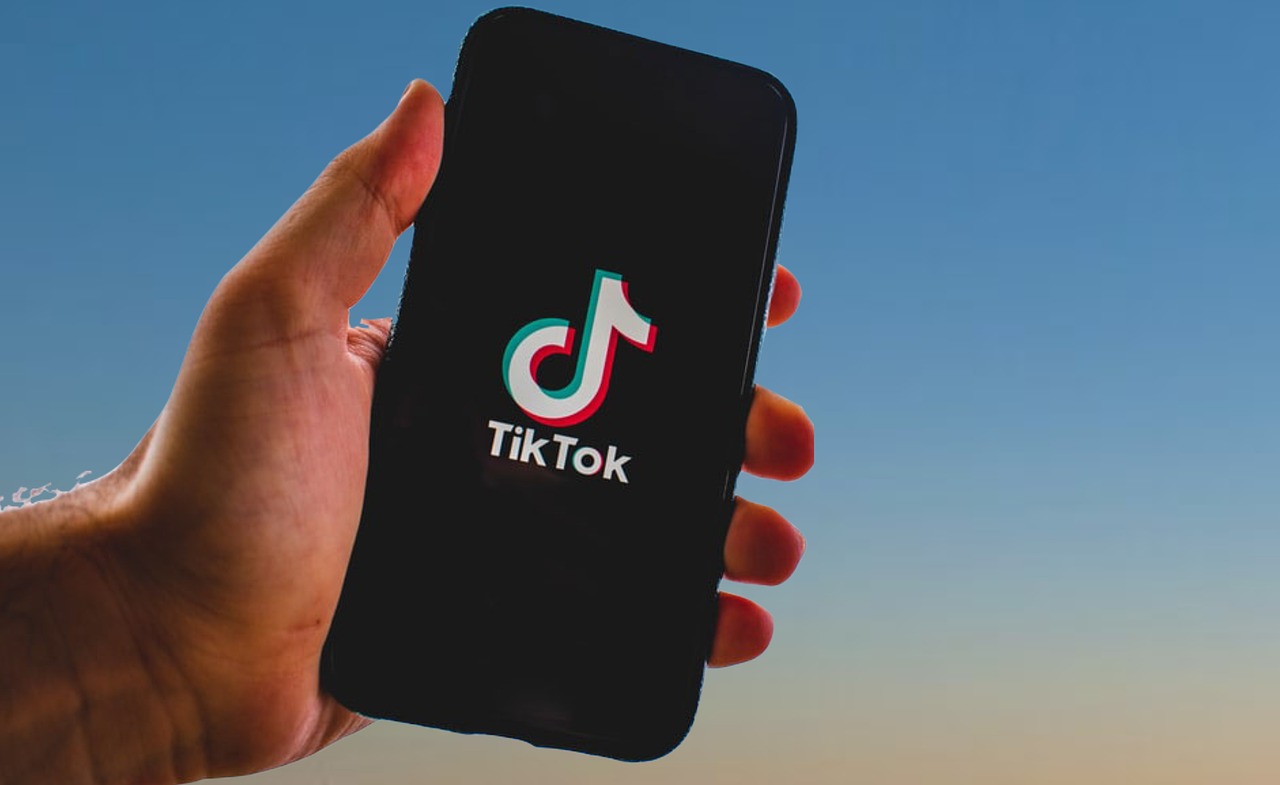Imagine booking a flight to Europe or staying in a luxury hotel without paying a single dollar out of pocket. Sounds too good to be true? It’s not. Thanks to credit card travel rewards, thousands of travelers fly with free travel and stay for free every year.
In fact, a recent survey revealed that over 70% of U.S. travelers used credit card rewards to fund at least part of their travel in 2024. That’s because everyday spending groceries, gas, dining, even Netflix subscriptions can add up to points and miles that unlock free trips.
In this guide, you’ll learn how to turn your spending into free flights, hotel stays, and more.
What Are Credit Card Travel Rewards?
Credit card travel rewards are perks you earn when using certain cards. These rewards typically come in three forms:
- Points — flexible rewards you can redeem for flights, hotels, or cashback.
- Miles — usually tied to an airline program, letting you book free flights.
- Cashback — money back on purchases that you can use toward travel.
Example: Spend $1,000 on groceries with a travel card that offers 2x points, and you’ll earn 2,000 points. That could cover a free hotel night when redeemed through a travel portal.
The beauty of rewards is flexibility. Airline miles may only be used with that airline, while flexible points (like Chase Ultimate Rewards or Amex Membership Rewards) can transfer to multiple airlines and hotels. This makes travel hacking easier and more rewarding.
Best Types of Credit Cards for Free Travel
Not all cards are created equal. Here are the main types of cards that help you travel for free:
1. Travel Rewards Credit Cards
- Examples: Chase Sapphire Preferred, Amex Gold.
- Earn flexible points that can transfer to multiple airlines and hotels.
- Great for people who want variety and maximum value.
2. Airline Credit Cards
- Examples: Delta SkyMiles Amex, United Explorer Card.
- Best for travelers loyal to one airline.
- Perks: free checked bags, priority boarding, and airline miles.
3. Hotel Credit Cards
- Examples: Marriott Bonvoy Boundless, Hilton Honors Amex.
- Earn free stays, upgrades, and elite status perks.
- Many offer annual free night certificates.
4. Cashback Cards
- Examples: Citi Double Cash, Discover It.
- Cashback can be redeemed toward travel costs.
- Not as high-value as points, but flexible and simple.
How to Earn Points Fast
If you want free travel quickly, you’ll need strategies to maximize earnings:
1. Sign-Up Bonuses
The fastest way to earn big points. Many cards offer 50,000–100,000 bonus points when you spend a certain amount in the first few months.
Example: Spend $3,000 in 3 months → earn 60,000 points (worth ~$750 in travel).
2. Everyday Spending Categories
Use your travel card for:
- Groceries
- Gas
- Dining & coffee shops
- Streaming services
- Travel purchases (flights, hotels, rideshares)
3. Referral Bonuses
Invite friends to sign up for a card. Many banks reward you with 10,000+ points per referral.
4. Shopping Portals & Dining Programs
Airlines and banks have shopping portals where purchases earn extra points. Similarly, dining rewards programs stack extra miles when you eat at partner restaurants.
Redeeming Points for Maximum Value
Earning points is only half the game—redeeming them smartly gives you free travel at the best value.
Ways to Redeem:
- Flights — domestic and international.
- Hotels — budget and luxury stays.
- Car rentals & experiences — through travel portals.
Transfer Partners = Maximum Value
- Chase points → United, Southwest, Hyatt.
- Amex points → Delta, Hilton, Singapore Airlines.
Example: 60,000 Chase points could be worth $600 as a statement credit OR a $1,200 business class flight when transferred to an airline partner.
Sweet Spots
Look for redemptions where points are worth more than $0.01 each. Example: 25,000 points for a $400 flight.
Avoid low-value redemptions like gift cards or merchandise—they often give you only $0.005 per point.
Tips to Travel Hack Like a Pro
- Time your applications: Space out new card applications to earn multiple bonuses over time.
- Pair cards wisely: Example: Use Amex Gold for groceries & dining, Chase Sapphire for travel.
- Always pay balances in full: Interest wipes out rewards quickly.
- Track your rewards: Use apps like AwardWallet to monitor expiration dates and balances.
Potential Downsides to Watch Out For
While travel hacking feels like free money, you need to avoid common mistakes:
- Annual fees: Some cards cost $95–$550 yearly. Make sure the benefits outweigh the cost.
- Overspending: Don’t buy things you don’t need just for points.
- Credit score impact: Too many applications at once can lower your score.
- Award availability: Some airlines restrict seats for rewards travelers.
Visual Idea
Infographic Example:
$3,000 Spending → 60,000 Points → Free Round-Trip Flight to Europe
Chart: Points vs. Cash Value
| Redemption Type | Value of 60,000 Points | Notes |
|---|---|---|
| Statement Credit | $600 | Simple, but less value |
| Gift Cards | $500–$600 | Not ideal |
| Airline Transfer | $900–$1,200 | Best for free flights |
| Hotel Transfer | $700–$1,000 | Luxury stays possible |
Real-Life Example: Free Travel in Action
Meet Sarah, a young professional who wanted to visit Paris. Here’s how she used credit card points:
- Signed up for Chase Sapphire Preferred (earned 60,000 points bonus).
- Used the card for 3 months of spending (added 10,000 points).
- Referred a friend (earned 15,000 points).
Total = 85,000 points.
She transferred the points to United Airlines and booked a round-trip flight to Paris worth $950 for free. She also used leftover points to cover 2 hotel nights.
Total savings: $1,200.
FAQs
What’s the best credit card for free travel?
It depends on your spending habits. Chase Sapphire Preferred and Amex Gold are top choices for flexible travel points.
How much spending do I need to earn a free flight?
On average, 25,000–30,000 points cover a domestic round trip. With a sign-up bonus, you can earn this in a few months.
Can I combine points from different cards?
Yes, but only if they’re within the same program (e.g., Chase Ultimate Rewards). Otherwise, points can’t be merged.
Do credit card points expire?
Some programs have expiration dates, while flexible points like Chase and Amex don’t expire as long as your account stays open.
Is free travel really free, or are there hidden costs?
You might still pay taxes, fees, or annual card fees. But compared to the retail cost of flights and hotels, you’ll save hundreds (or thousands).
6What is the easiest way to earn free travel with credit cards?
The easiest way is through sign-up bonuses. Many cards offer 50,000+ points when you meet a spending requirement, which can cover a free flight or hotel stay.
Can I really travel for free, or are there hidden fees?
You may still need to pay taxes, fuel surcharges, or annual card fees, but compared to the full ticket or hotel price, you’ll save hundreds—or even thousands.
Can I use multiple cards to earn free travel faster?
Yes! Many travelers use the “two-card strategy,” pairing a general travel rewards card with an airline or hotel card to maximize points.
Is travel hacking safe for my credit score?
Applying for new cards causes a small, temporary dip in your score, but paying on time and keeping balances low usually improves your credit in the long run.
Which credit cards give the best free travel perks?
Popular options include Chase Sapphire Preferred, Amex Gold, and airline cards like Delta SkyMiles Amex or United Explorer Card.
What’s the best way to maximize my points?
Transfer points to airline or hotel partners instead of redeeming for gift cards or cash. This often doubles their value.
Do I have to travel a lot to benefit from rewards cards?
Not at all! Even everyday spending (groceries, gas, dining) adds up quickly. You can earn enough for free travel without being a frequent flyer.
Can I book luxury travel with points?
Yes. Many people use points for business or first-class flights or stays at luxury hotels. This gives the highest value per po
Disclaimer
This content is for educational purposes only and should not be considered financial advice. Always read credit card terms carefully, spend responsibly, and consult a financial advisor if needed.




Thanks for sharing. I read many of your blog posts, cool, your blog is very good.